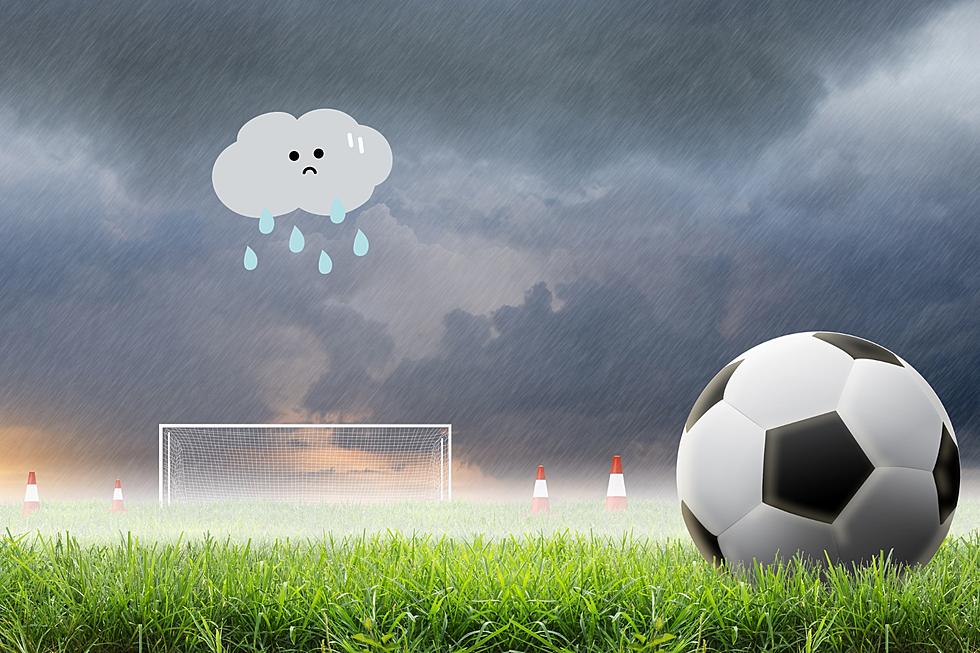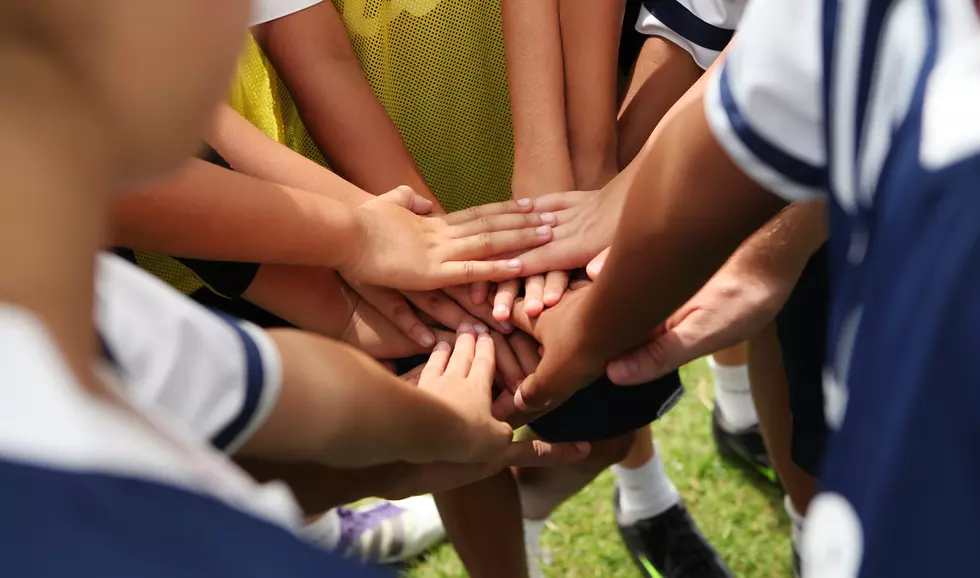Playing in pain: Teens ignoring sports injuries
Every 25 seconds, a child in the United States is taken to the emergency room with a sports-related injury. That's 3,400 children a day and more often than not, young athletes between the ages of 13 and 15 are ignoring their injuries and playing even when they're hurt, according to a new study by Safe Kids Worldwide.
The study surveyed 3,000 athletes, coaches and parents and discovered the following:
- 42 percent of kids said that they have downplayed or hidden injuries so that they could keep playing.
- 53 percent of coaches said they've felt pressure to put injured players back in the game.
- Almost 1/3 of kids surveyed said it's "normal" to play rough in a game, to "send a message" to the other team.
"We've got a lot of things that we have to change in terms of the culture of youth sports so that our kids can stay active, but healthy and safe when they're playing," said Kate Carr, president and CEO Safe Kids Worldwide. "The kids say they want to stay in the game because they don't want to let their teammates down and they don't want to get penalized for sitting out a game, so they commit to playing through their injury with a 'tough it out' attitude."
According to the study, coaches admitted that they felt pressure to turn the other cheek and let the children keep playing.
"They were feeling that pressure from parents," Carr said. "And while a majority of parents felt that coaches have enough training in dealing with injuries, the coaches did not see it the same way. Eighty-five percent of them said that they wanted more training and wanted to see the development of an injury prevention certification program."
"There's a difference between playing through pain, when you've just hit a wall and you need to keep pushing yourself, and playing with an injury. If you're hurt, you're not doing your team, yourself or anyone any good," said Larry White, assistant director of the New Jersey Interscholastic Athletic Association. "Sadly, it doesn't surprise me that kids aren't telling coaches when they are injured because the stakes are so high these days, with the cost of college being what it is and many parents concerned that the only way they can afford college is through scholarships and the like."
One of the most important steps coaches, parents and players need to take, according to both Carr and White, is to have a conversation at the start of a season to set the ground rules that teaches athletes to recognize their injuries and to speak up when they are hurt.
"It's important for everyone to be on the same page before a season begins," White said.
More From New Jersey 101.5 FM









